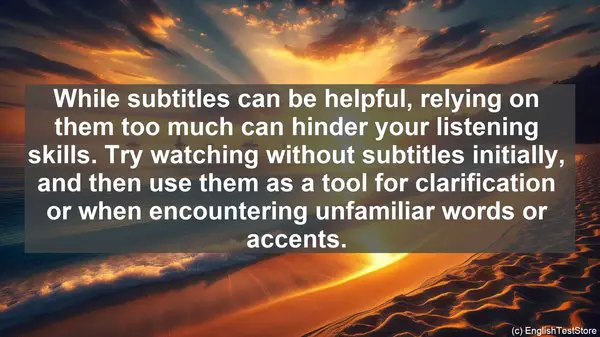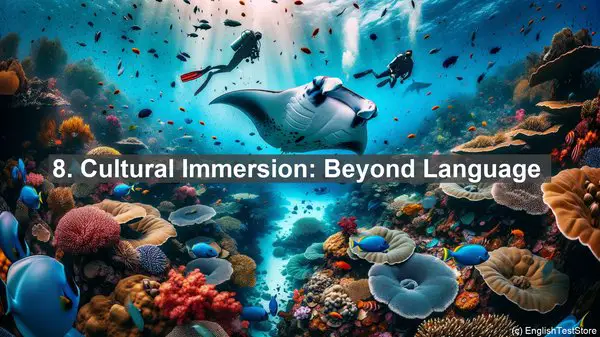Introduction: The Power of Films and Documentaries
Films and documentaries are not just sources of entertainment; they are windows into different cultures, perspectives, and ideas. Today, I’ll be sharing 10 tips that will make your journey into the world of English films and documentaries more enriching and enjoyable.
1. Active Listening: More Than Just Hearing
When watching a film or documentary, it’s crucial to actively listen. Pay attention to the dialogues, intonations, and emotions conveyed. This will not only help you understand the plot better but also improve your pronunciation and vocabulary.
2. Subtitles: A Double-Edged Sword
While subtitles can be helpful, relying on them too much can hinder your listening skills. Try watching without subtitles initially, and then use them as a tool for clarification or when encountering unfamiliar words or accents.

3. Note-Taking: Organizing Your Thoughts
Jotting down key points, interesting facts, or questions while watching can be immensely helpful. It keeps you engaged and serves as a reference when discussing or writing about the film later.
4. Background Research: Context is Key
Before diving into a film or documentary, spend some time researching the director, the era it was made in, or the cultural references it might contain. This background knowledge will enhance your understanding and appreciation.
5. Discussing: Sharing Perspectives
Engage in discussions with fellow learners or native speakers. This not only helps you practice your speaking skills but also exposes you to different interpretations and viewpoints, enriching your understanding.
6. Reviewing: Reflecting on the Experience
After watching, take some time to reflect on the film or documentary. What did you like about it? What could have been better? This critical analysis will deepen your understanding and help you develop a discerning eye.
7. Genre Exploration: Diversify Your Choices
Don’t limit yourself to a particular genre. Explore different types of films and documentaries – from dramas to comedies, from historical to contemporary. This variety will expose you to various themes and styles.

8. Cultural Immersion: Beyond Language
Films and documentaries offer a glimpse into the culture, traditions, and societal issues of a particular region. Use them as a tool to immerse yourself in the English-speaking world, going beyond just the language.
9. Film Critiques: Learning from Experts
Read film reviews or watch analysis videos by experts. This not only provides you with different perspectives but also introduces you to critical thinking and the art of analyzing a film beyond its surface.
10. Enjoyment: The Ultimate Goal
While it’s important to approach films and documentaries with an analytical mindset, don’t forget the primary reason – enjoyment. Let yourself be captivated by the storytelling, the visuals, and the emotions they evoke.
